My Secret Crush
Finally, I had the last puzzle piece as to why I felt so different from the other boys in school.
When I moved to New York and accepted my alternative lifestyle, he was my celebrity crush. As an adult, in every committed long-term monogamous relationship, he has been my hall pass.
Since my final years of high school, it has been the same person: Puerto Rican pop sensation Ricky Martin.
The year was 1999. I was a 16-year-old junior in high school, and I was eating dinner at my girlfriend’s house. Yes, that kind of girlfriend. She lived in a subdivision that was surrounded by an elementary school on one side and a cemetery on the other. Most people in my hometown of St. Louis, Missouri, spent their entire lives going from one side to the other.
On a fateful night in February, I was at this girlfriend’s house for a delicious home-cooked meal with her family. After dessert, we milled into the family room to watch TV. Someone channel surfed until we landed on the Grammy awards, which were being telecast from what was then the Shrine Auditorium in Los Angeles.
This was the year The Miseducation of Lauryn Hill swept the awards, winning five trophies, including Best New Artist. (But shoutout to Will Smith’s “Gettin’ Jiggy Wit it,” which won Best Rap Solo Performance.) It was a staid, monotonous, boring ceremony until a relatively unknown performer—at least to non-Latin audiences—by the name of Ricky Martin graced the stage. He was wearing crotch-hugging black leather pants; a wide knit, three-button Henley sweater that clung to his pecs and abs; and a beaded tribal necklace. He was tan, he had rhythm, his teeth were luminous, and his hair was closely cropped and lightly (yet noticeably) highlighted. His performance of “The Cup of Life,“ a rousing, hip-swinging anthem pegged to that year’s World Cup, electrified the show.
“Do you really want it?” he sang. Yeah!
“Do you really want it?” Yeah!
Halfway through the performance, percussionists filed down the aisles and filled the auditorium. Women on stilts took the stage and inflatable air streamers swayed everywhere. In an instant, the show felt festive and fabulous! He finished and the audience leapt to its feet. Jennifer Lopez, Sting—even Beck gave him a standing ovation.
I couldn’t have articulated this at the time—I should mention here that I literally did not meet a single out and proud person until I graduated high school—but this was the singular moment in my adolescence when I was forced to acknowledge that my reaction to this particular performer was different. Special? The sensation I had watching the new guy in his tight, ribbed shirt was undeniably different from that of, say, Sheryl Crow or The Dixie Chicks.
The first time someone asked me if I was gay was the summer between sixth and seventh grade. I was at band camp in Cape Gerardeau, Missouri, and some of the bullies from the trombone section said I walked like a girl. After that, throughout my teens, I was called “fag,” “homo,” “fruitcake,” “queer,” and all the other charming things that teenagers say to the boy who likes to dance at school dances, act in school plays, get good grades, and is in the National Honor Society. I denied it, of course. I had girlfriends to keep up the front, and I’d hold my head high as best I could. But when I got home, I’d cry alone in my room.
The same year Ricky Martin performed at the Grammys, an upperclassman from my school went as “Derek the Fag” to a Halloween party. He wore a tight T-shirt and a messenger bag slung over his shoulder, walked around with his wrists bent, talked with a lisp, and wore a “Derek the Fag” sign on his chest. It destroyed me. Of course, like most gay boys, deep down part of me always knew I was what I was. But that night, watching the Grammys at my girlfriend’s house, was the moment I finally said to myself: “I am gay!” Thanks for clearing that up, Ricky Martin. “Now, how do I keep this a secret forever?”
In December 1999, Ricky came to St. Louis on his “Livin’ La Vida Loca” tour. My best childhood friends, Maria and Maja, begged their parents to let them go to the concert. I was crippled with jealousy. The girls went shopping at the local mall for new (slutty) outfits and spoke about the concert for weeks. Maria told me that a friend of a friend of a friend had heard about a secret after-party where Ricky was going after the show, and they bragged about how they were going to break curfew and go there too. I was beyond desperate to join them, but I had to act like I didn’t care, lest my heterosexual cover be blown.
At school, I rolled my eyes when they’d discuss the concert. But privately, I was fantasising about Ricky coming to my hometown just as much as they were. At night I’d have dreams about meeting him, becoming pals, sharing secrets. The night of the concert, I imagined sneaking downtown to the after-party and casually, coolly meeting him on the dance floor, seducing him, telling him I wouldn’t tell anyone about our secret relationship because I didn’t want the guys on my high school football team to find out about me either.
Nowadays, people think I’m being funny when I say Ricky Martin is my dream guy. They say he’s too ’90s, too cheesy, and that I’d be much happier with Ryan Gosling or Chris Hemsworth or Zac Efron or Josh O’Connor or Callum Turner or Jacob Elordi. They’re not bad, but none of them are Livin’ La Vida Loca.
To be clear, my affection for Ricky isn’t physical. It isn’t contemporary. My crush on him is buried deep into my childhood psychology, the journey of my sexual identity, and the foundation for the person I am today. Like all good fantasies, part of this allure is that it’s not real. I keep it alive to honour my adolescence and—this is important to point out—it’s an entirely non-sexual infatuation.
The ironic part of my big gay saga is that Ricky Martin and I became friends. In 2010, we started following each other on Twitter and began direct messaging. (I guess you could say he slid into my DMs, but not like that. Sadly.) Once we realised we were both at the airport in Miami at the same time, and we tweeted at each other until we met.
Now, we bump into each other at fashion shows and fashion parties. I came to see him on opening night when he played Ché in Evita on Broadway. He has come to my birthday parties in LA and New York. We’ve perused the fair at Art Basel Miami together.
In 2012, two years after he announced he was gay and 13 years after he came to St. Louis, I finally realised my high school fantasy of going to a Ricky Martin concert. I travelled with him to his hometown, Puerto Rico, where he’s practically a god. When he got on stage I thought the audience was going to tear the place apart.
The next day I interviewed him about this homecoming show. I asked about his coming-out journey. (After years of not commenting on being gay, he released a statement in 2010 that said he was a “fortunate homosexual man.”) “If I only knew how good and how amazing I was going to feel, I would have done it ten years ago,” he told me. I felt good when he said he was more at peace now than he had ever been before in his life, and about the joys of raising his family.
He didn’t know it, and I didn’t say it, but in that moment, I thought about how he had started me on my own journey to inner peace too.
Derek C. Blasberg is a New York Times best-selling author and a senior director at the Gagosian Gallery. His writing regularly appears in international editions of Vogue, Vanity Fair, and Architectural Digest, and he pens the DISPATCH column in Harper’s Bazaar. Earlier this year, he launched his Substack, AND ANOTHER THING.




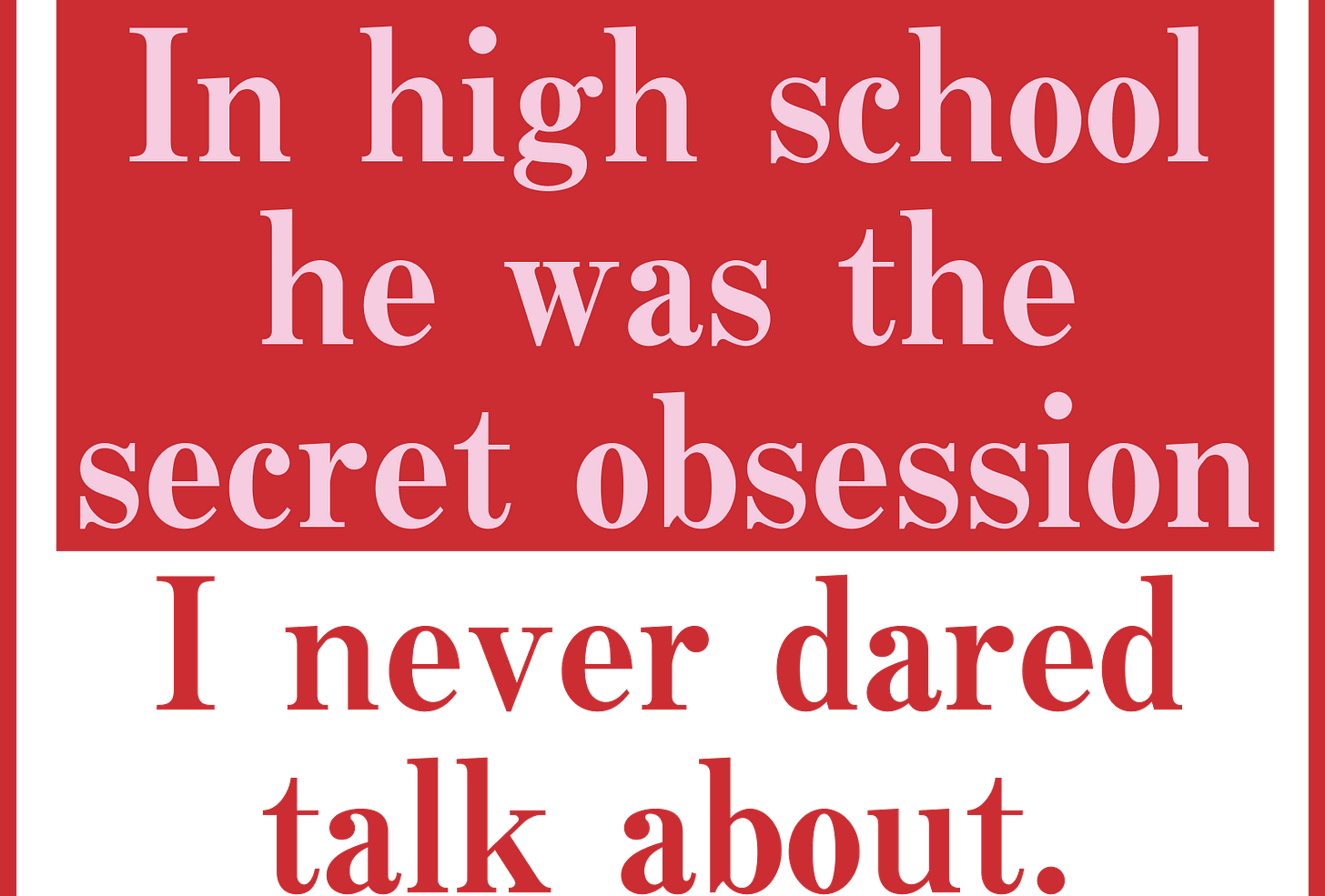
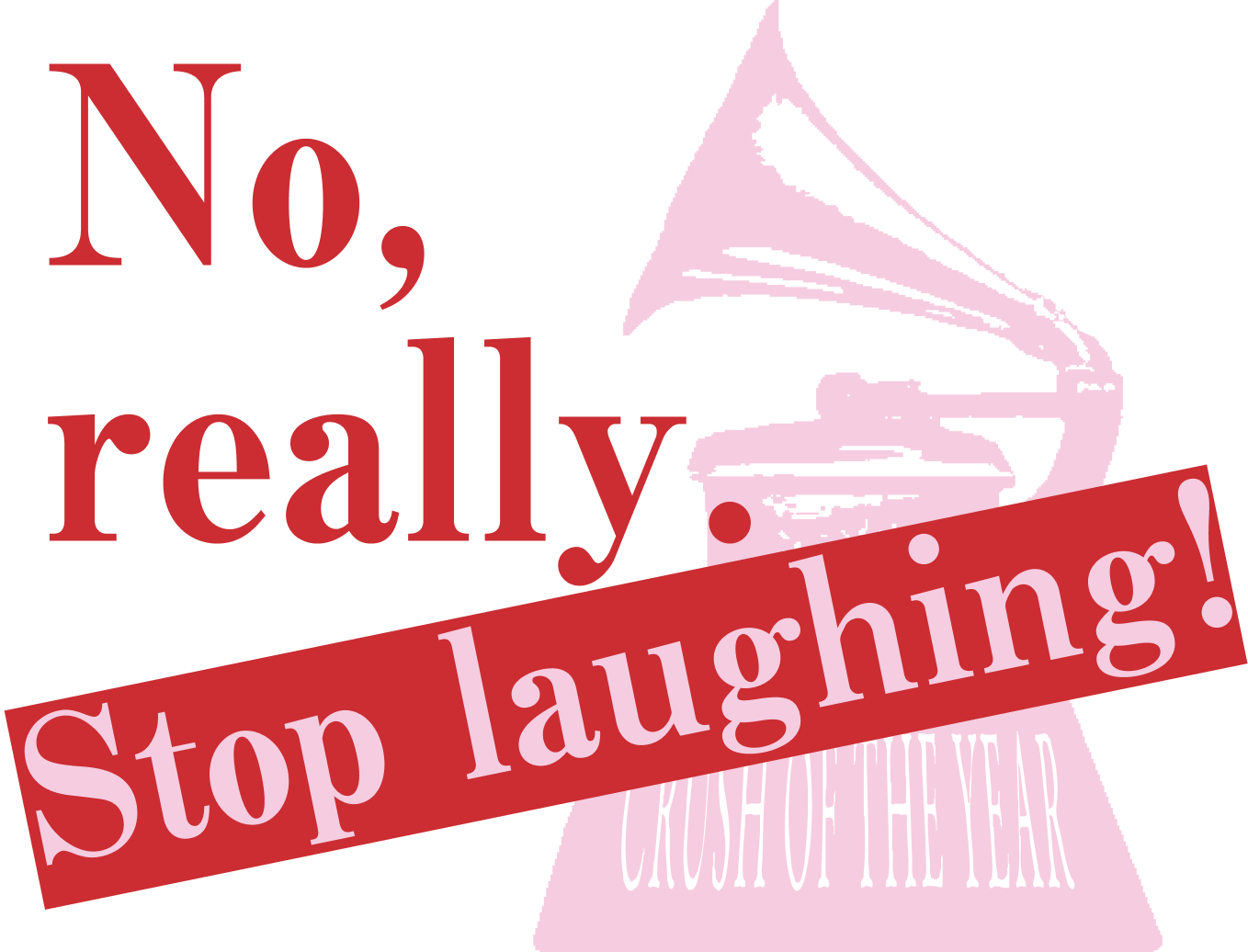
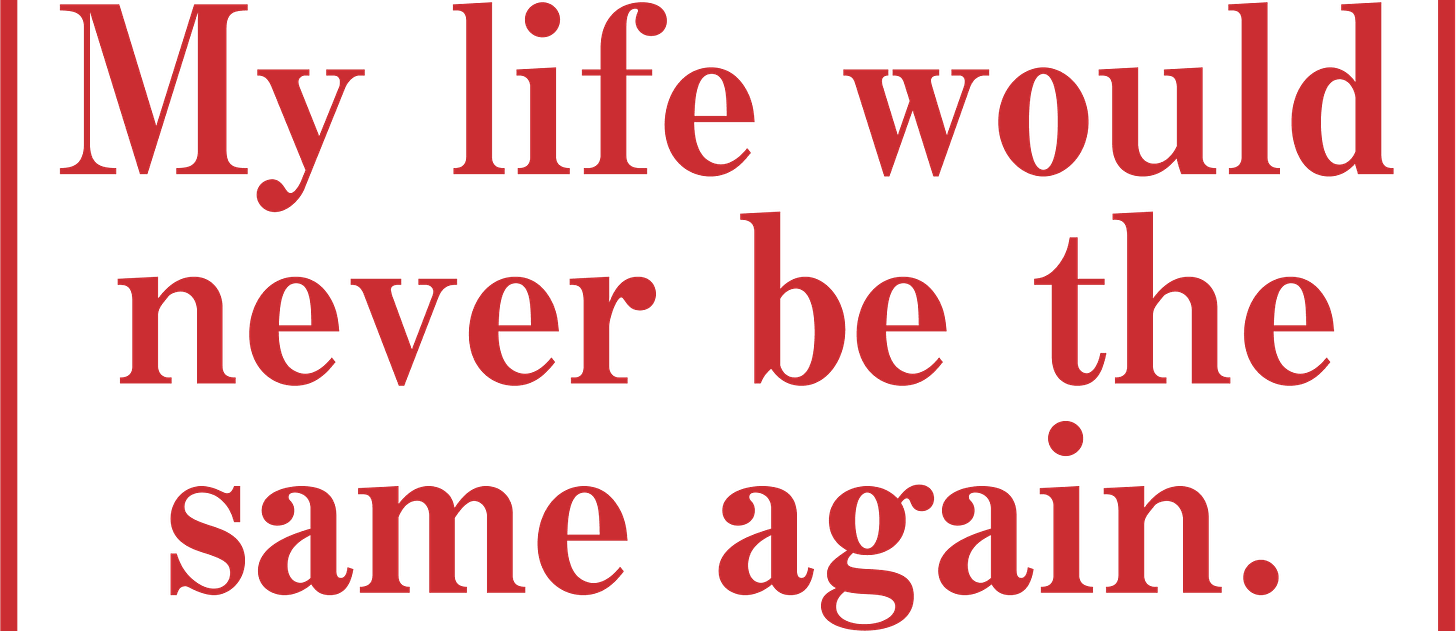
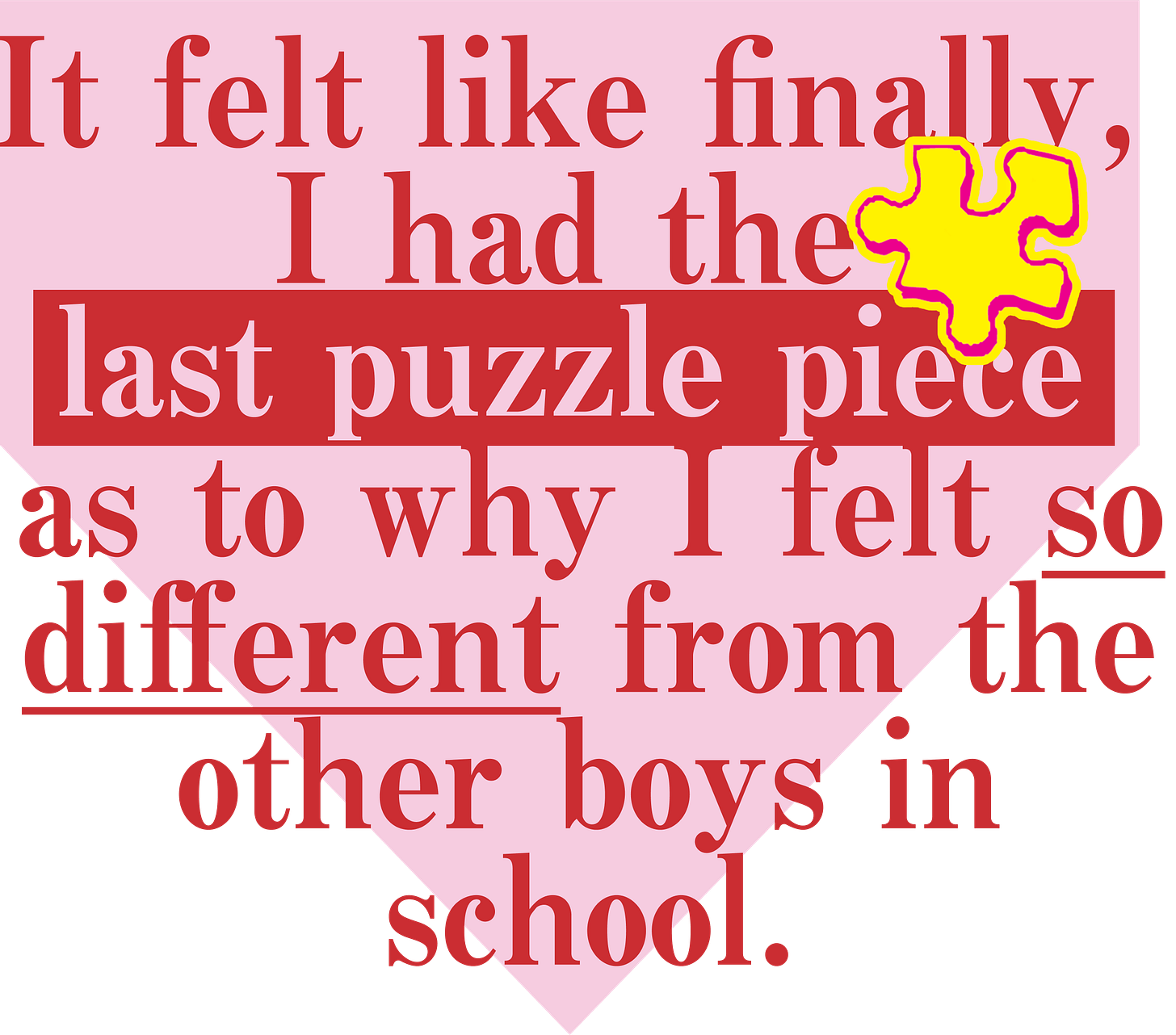
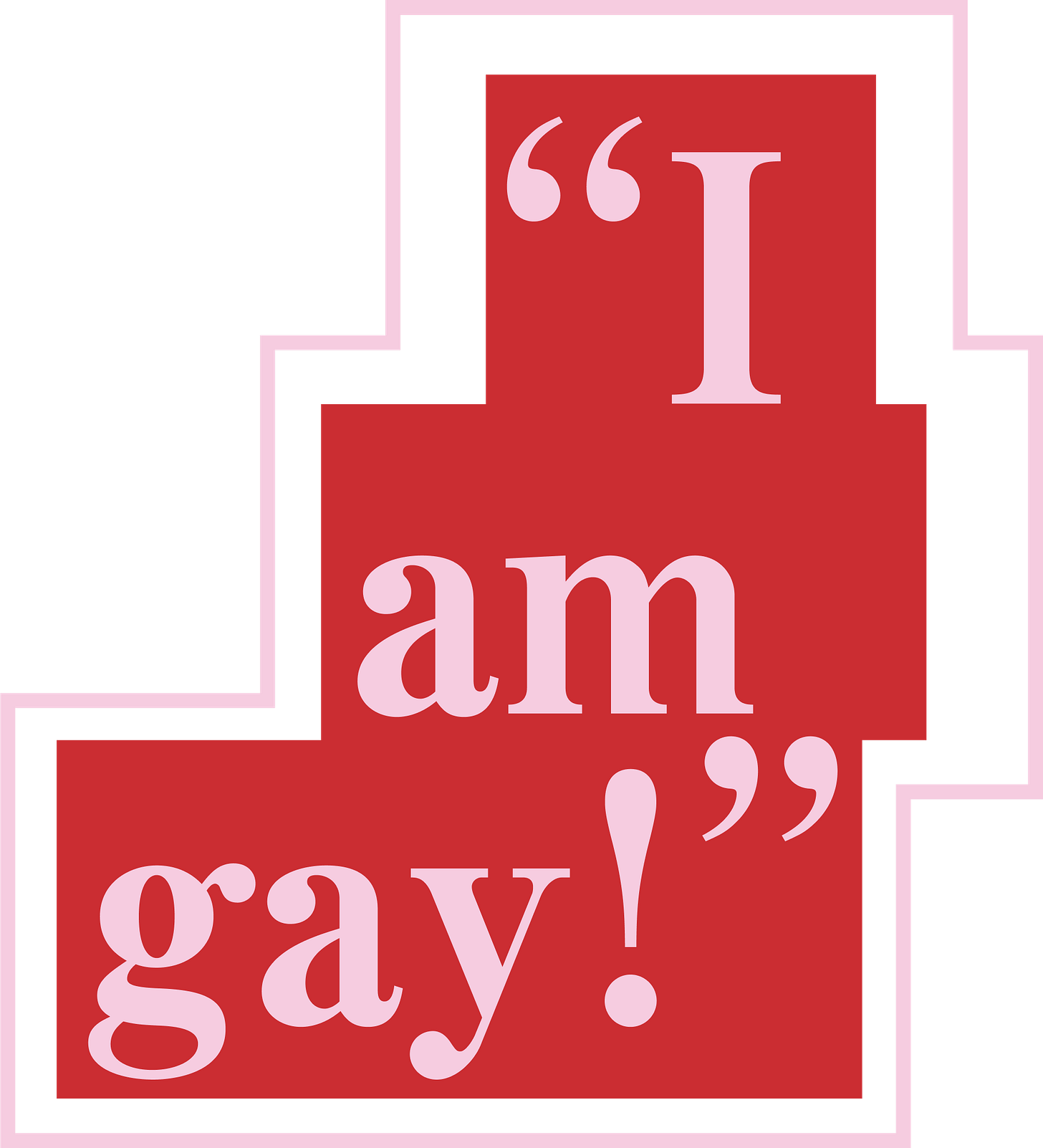
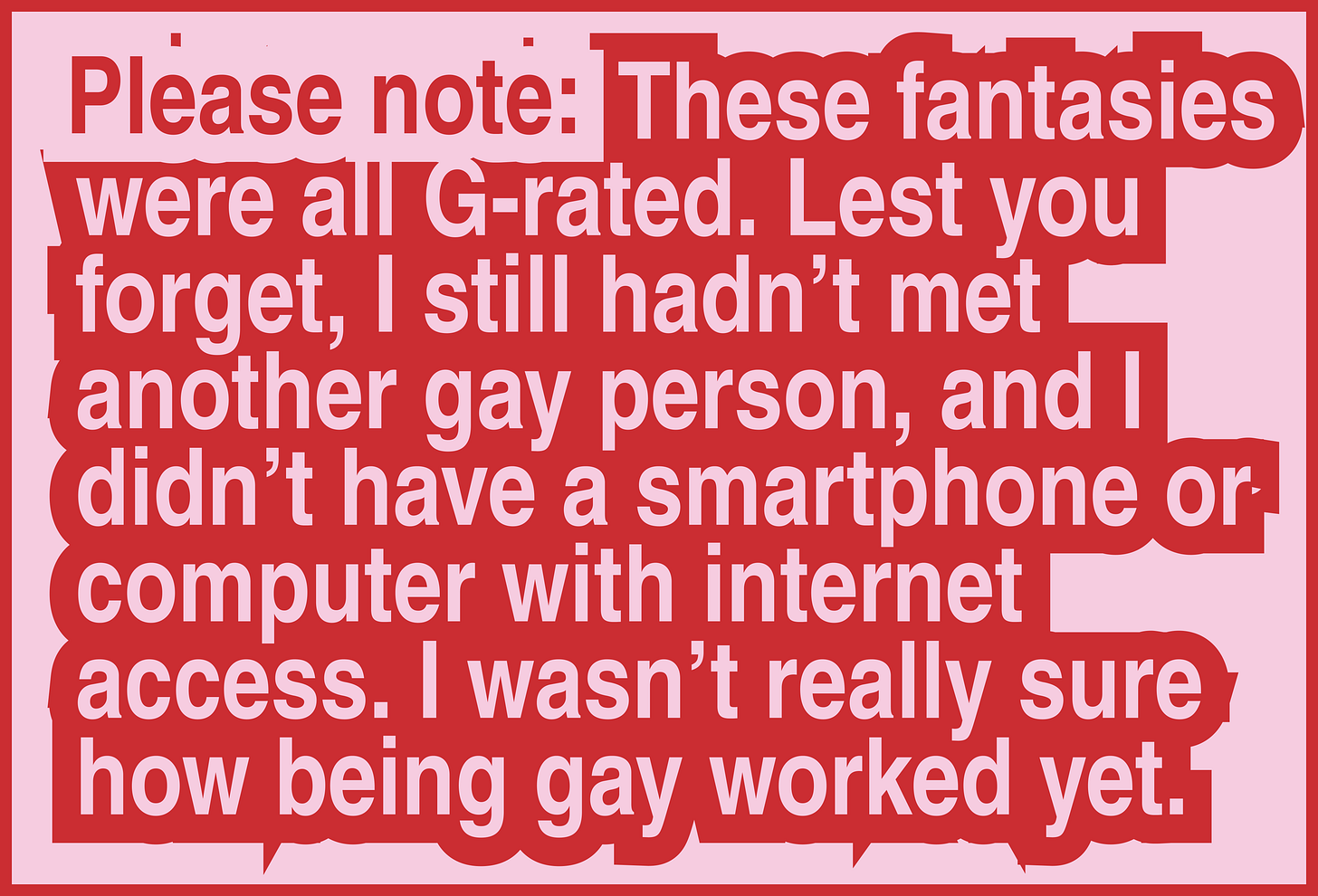


The people who suggest Ryan Gosling or Chris Hemsworth are missing the entire point about what celebrity crushes actually mean. Your atachment to Ricky Martin isn't about current relevance or conventional attractivness, it's about the specific moment when he helped you understand yourself. That 1999 Grammys performance was a cultural watershed, and the fact that you eventually became friends with him but kept the crush in its original psychological context shows real self awarness. Nostalgia isn't somthing to apologize for when it's tied to your identity formation.